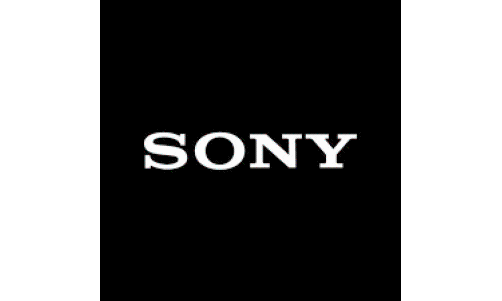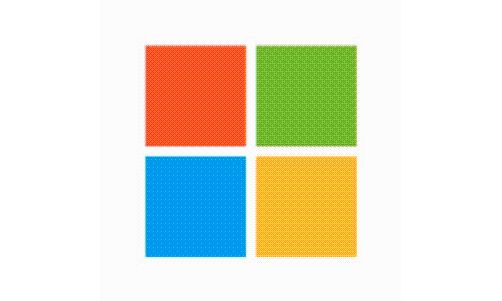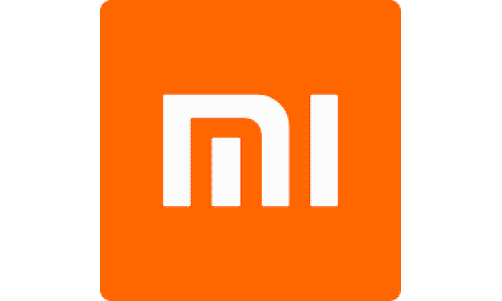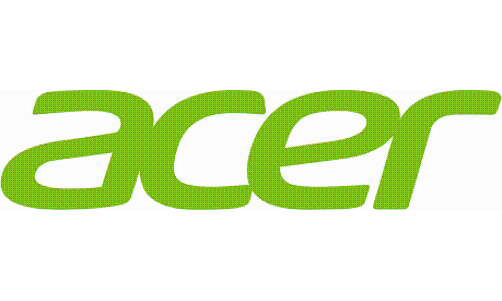With the growing complexity, number, and size of cyberattacks on individuals, organizations, and governments, the cybersecurity industry is growing as well. According to the Cyber Security Market Trends & Growth Report 2021-2028 by Grand View Research, Inc., "the global cyber security market size was valued at USD 167.13 billion in 2020 and is expected to register a CAGR of 10.9% from 2021 to 2028." Since the number and size of cyber attacks and crimes have tremendously increased over the last decade, compromised businesses and governments are facing huge losses due to loss of critical data, compliance or legal penalties, and lawsuit settlements. Moreover, the need to harden critical infrastructure have further fueled the global cybersecurity market over the recent years.
A growing global market has attracted cybersecurity providers and vendors to heavily invest in novel and improved cybersecurity platforms. Moreover, the list of vendors in the cybersecurity market has grown over the last decade with popular ones namely Check Point, Cisco, FireEye, Forcepoint, Fortinet, Imperva, McAfee, Palo Alto Networks, Symantec, Trend Micro, Webroot, etc. Though they all are offering cybersecurity platforms, the platforms' definitions, features, and functionalities vary per provider or vendor, which raises a question: what is a cybersecurity platform? In general, a cybersecurity platform is an integrated solution of many cybersecurity products that offers an all-in-one solution for managing and securing a digital infrastructure. However, this definition is not enough when looking for a cybersecurity platform in the market. The reason being this is the most common definition which covers all such platforms. A cybersecurity-as-a-service platform offers more than ten basic features and tools under categories of application security, data security, and edge security. However, Sonar provides additional features like automation and reporting that are missing in this definition.
That is why one must understand the essential as well as extra features available in modern cybersecurity platforms to properly harden a digital infrastructure. But before getting into details, let's understand the necessity of cybersecurity platforms. According to The Shift Toward Cybersecurity Technology Platforms by Broadcom, "as the security infrastructure evolved, most enterprises were content with a potpourri of security tools rather than a security technology architecture or cohesive strategy. The tactical approach has created a situation where almost two-thirds of large enterprises (organizations with 5,000 or more employees) currently have at least 25 cybersecurity products in use. In a recent ESG research project on cyber risk management, survey respondents indicated that purchasing security technologies from a multitude of security vendors added cost and purchasing complexity." The given research also found that 35% of survey organizations consider ROI as one of the important metrics for cyber risk management. In other words, organizations are willing to invest more on their cybersecurity posture, but they look for better returns on their investments. And this is another reason for understanding cybersecurity platforms before opting for one for any organization. If one understands the features of such platforms, he/she - being a cybersecurity expert or executive - can make better decisions while picking a cybersecurity platform per the organization's requirements.
That said, let's discuss the essential features one must look for when choosing a cybersecurity platform for his/her organization. Of course, there will be more features in varied platforms, but these are the important features and tools:
Defense against external threats
Though they do not form the majority, external threats form an important group of cyber threats for any organization. They come in a number of ways: stolen credentials, email attachments, denial of services, compromised applications, etc. The cybersecurity platform should support monitoring such threats and informing the organization for mitigating or recovering from these threats.
Defense against internal threats
According to Egress's Insider Data Breach Survey, 95% of businesses are worried about an insider breach. That is, organizations are even more worried about internal threats such as insider breaches: mostly mistakes rather than bad actors. So, cybersecurity platforms should support defending against them.
Compliance and legal support
Data and information security means different things in different industries. Moreover, every industry - from healthcare to financial services industries - has a different set of best practices, regulations, and standards. The chosen cybersecurity platform must maintain and prove compliances and regulations.
Good analytics and reporting
Every department and organization benefits from good analytics and reporting, and the same is true for cybersecurity teams. With good data, one can clearly know the risks, monitor potential threat situations, and quickly act on solving the biggest pain points. Also, it may help even after a cyberattack or data breach to visualize the most affected areas in the infrastructure and direct responses.
Entire ecosystem management
Any modern organization utilizes third-party contractors, partners, and vendors for their everyday work. And thus, the cybersecurity platform must support monitoring and managing risks across the ecosystem including the risks posed by third-parties, inside the organization, and in the organization's supply chain.
Prevention, detection, and response
A cybersecurity platform must improve threat prevention compared to a list of different cybersecurity point tools. Each of the platform's tools should provide efficiency while the platform itself should provide an all-round protection along with detection and response features, helping security teams fight all threats.
The questionnaire of vendor security feature of Tentecale will help businesses close more sales efficiently.
Continuous monitoring and alerting
Since cyber threats are evolving every day, the cybersecurity platform must evolve with time. Moreover, a cybersecurity platform should support continuous monitoring and provide alerts for potential threats. The reason being the whole infrastructure might be compliant today, but it may have a known vulnerability tomorrow. So, a platform supporting continuous monitoring is a deal-maker.















